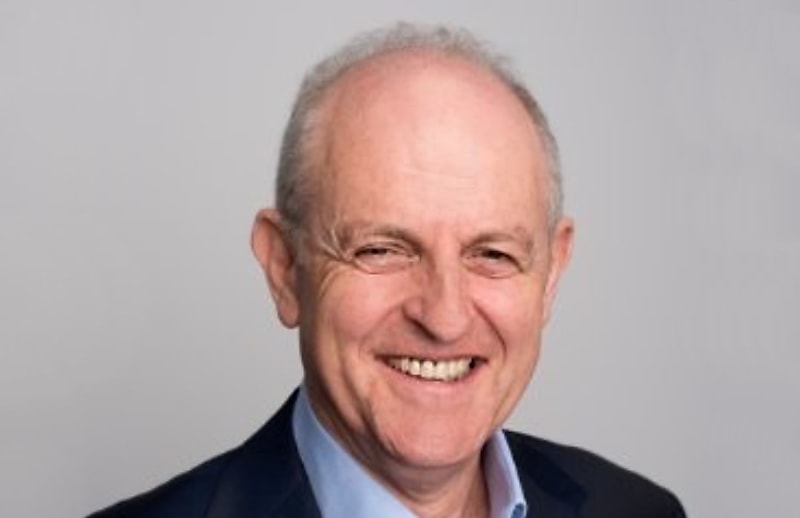Individual clients and SMEs rely on a complex ecosystem of professional guidance and financial products to build, grow and protect their personal and business lives. Many people see an accountant in practice for basic tax advice. However, at various points in their lives, these same clients will require expert help with estate planning, life insurance, mortgages, SMSFs, cash flow management and overall optimisation of their financial affairs.
You’re out of free articles for this month
SMEs, in addition to day-to-day accounting and tax services, are likely to need help in areas including audit, business insurance, legal advice, succession planning, commercial finance and general business strategy.
Time-poor clients might love the concept of a one-stop shop for all money matters but in reality this is difficult to deliver, especially for smaller accounting practices where it’s unviable to develop and provide deep expertise across a broad range of specialised areas.
What is viable, though, is the concept of a financial hub with one professional at the centre of a network of external professionals, called upon to provide specialised expertise when required.
The professional at the centre of this hub is effectively the client’s financial project manager, retaining overall responsibility for meeting the client’s needs but co-ordinating and influencing a panel of outsourced experts to provide services they themselves cannot (because they lack the knowledge or legal accreditation to do so).
Accountants are perfectly positioned to act as an anchor or influencer at the centre of that hub.
Why? First, for many people, the relationship with their accountant is their first and longest with any finance professional. Providing tax and bookkeeping services over many years gives accountants a deep understanding of a client’s personal or business balance sheet, including income, spending, assets and debts. And while many accountants are moving away from technologically disrupted, lower value services, two-thirds of individuals still use the services of a tax agent, and – according to a 2019 survey – around 96 per cent of SMEs still use an accountant.
Second, accountants are held in high esteem by the community. Only doctors, nurses and judges rank higher in regular surveys of “most trusted professions”; in terms of most trusted financial professionals, accountants take first place. The same survey also found that SMEs rate their accountant as their most trusted overall business adviser, as well as placing them high in specific areas such as business and financial planning.
The way accountants charge also gives them an edge. The ability to work with accountants on an ad hoc, hourly fee basis gives clients a lot more flexibility, the type of flexibility the financial advice profession – still mired in concerns over the legality of scaled advice – probably views with envy.
So, given their high professional esteem, longstanding client relationships and unrivalled visibility of their clients’ financial affairs, how should accountants look to become the centre of a circle of trust or professional influence to deliver better client outcomes?
The first step is to curate a network of aligned professionals. Your affiliations will help define you and your brand and will impact end-client outcomes, so it’s crucial you partner with other professionals who:
- Fill an obvious gap in your offering.
- Are trusted and respected by you and your peers.
- Serve a similar client base and are aligned in terms of client experience, remuneration, culture, business ethics, etc.
- Are prepared to work equally as a team for the benefit of your mutual clients.
It’s important to remember this is a two-way street. Your partners will also be looking for the same qualities in you.
Finding such partners, and positioning yourself as a potential partner, can be achieved in several ways. Professional networking events and industry conferences are one opportunity. LinkedIn is another. Posting regular content is a way of building a reputation as a trusted and credible authority in a particular field. Client reviews (on platforms such as Google, Trust Pilot and Adviser Ratings) can also provide valuable insights.
Absolute clarity about the services each party provides is also essential and will help reduce any potential for conflict or confusion.
The second step is to decide the operational aspects of this financial hub. This means deciding whether there are any formal arrangements around referrals and revenue sharing.
While any formal referral arrangements – joint ventures, for example – will require legal documentation, there can be benefits in documenting even informal arrangements. This could include sections on ideal clients, services provided by each party, agreed service standards, visibility of client data, regular meetings and reporting.
Other operational considerations include whether you attend joint client meetings, cross-marketing (for example on your website or through joint events), staff training and privacy provisions that apply to data sharing.
The list of potential partners will probably include lawyers, mortgage brokers, insurance brokers, commercial financiers and, of course, financial advisers. Financial advisers and accountants have a long history of professional cooperation and respect, and joint ventures between the two are common.
When seeking a financial adviser as partner, it is worth remembering there are many specialised areas of financial advice and you will probably need to work with a panel of advisers rather than an individual. Common areas of specialisation include investments, SMSFs, estate planning, aged care and life insurance. Within life insurance, you will find even further specialisation, with some advisers narrowing their focus to business life insurance (including keyman and buy/sell), claims management and life insurance for high-earning professionals.
All of this loops back to my final recommendation for accountants seeking to build their network of influence: Be absolutely clear about the type of clients you serve and those you don’t. Giving or receiving referrals involving the wrong type of client – for you or your affiliates – can lead to wasted time, conflict and a poor client experience.
Brian Pillemer is director of distribution at PPS Mutual.

 Login
Login






